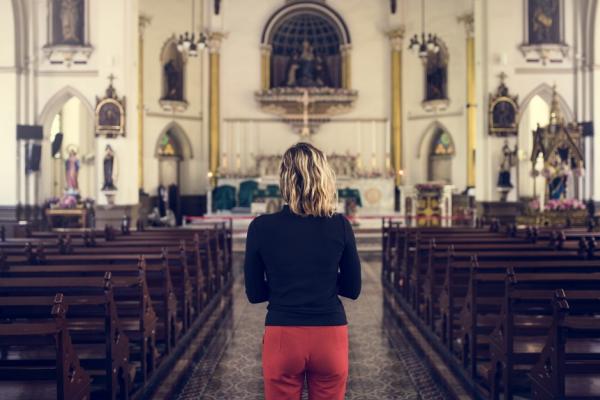In the church, I believe that our problem of complicity stems from our operative theologies. Our theology imbues men with more power, based on the misogynist idea that our deity is male and has ordered our communities, homes, and churches, to be organized beneath and around men. This is overwhelmingly reflected in the androcentric (focused on men) language that we utilize in worship and prayer. Our theologies dictate that women must, and do well to, dwell in the lots of suffering and submission, and suggest that the less women complain, the easier it will be to endure our abusive, unfair, death-dealing, yet God-given circumstances. Our theologies dictate that sin, though it may cause great collateral damage, is primarily a private issue that is best resolved privately. Together, these create of perfect theological storm for an endemic, and seemingly impenetrable, rape culture within the church. As a womanist homiletician, my research focuses on how our preaching exacerbates this storm and validates its parts with the authority of the pulpit.
Read the Full Article

